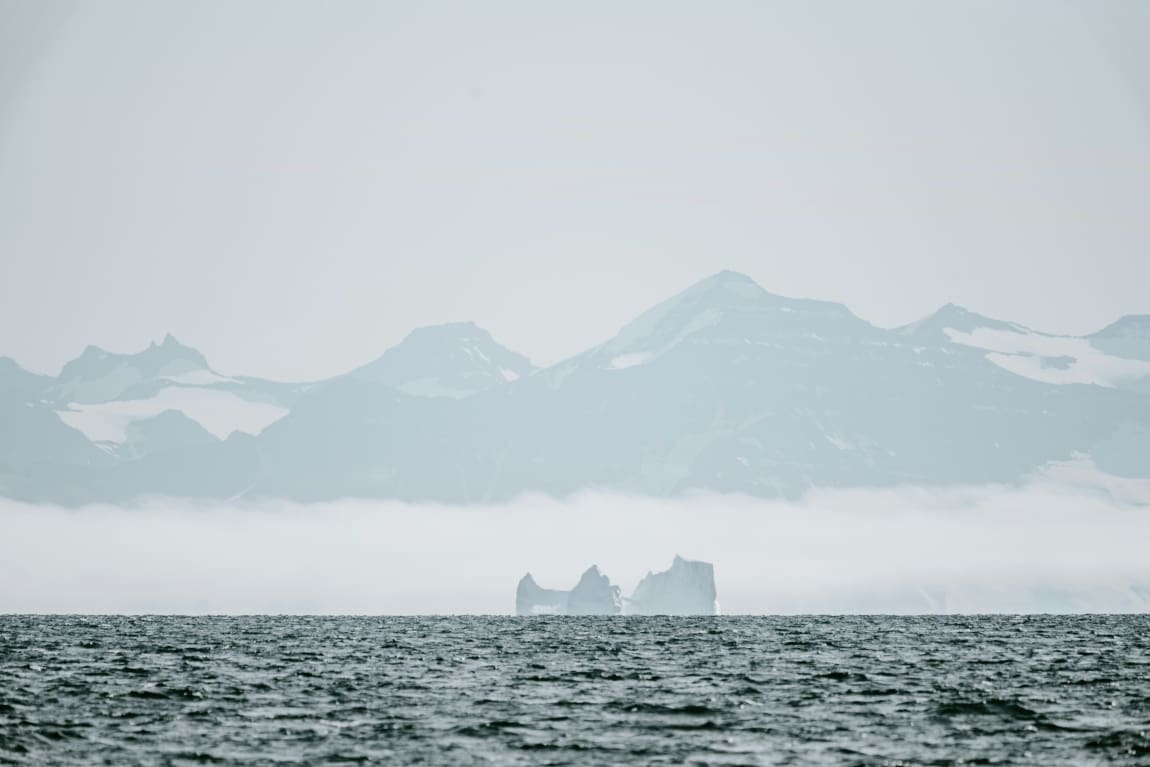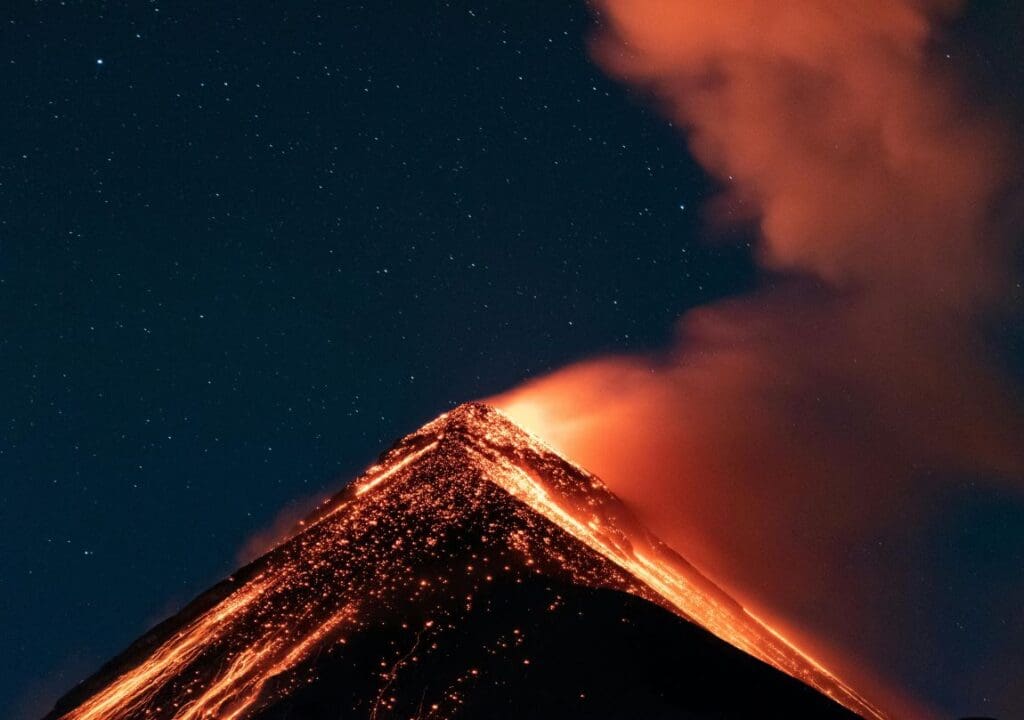Washington, United States (AFP) – Russia and China on Tuesday pushed back against a US warning over their increasing military and economic cooperation in the Arctic, where climate change is opening up greater competition.
Russia has in recent years beefed up its military presence in the Arctic by reopening and modernizing several bases and airfields abandoned since the end of the Soviet era, while China has poured money into polar exploration and research.
“We’ve seen growing cooperation between the PRC and Russia in the Arctic commercially, with the PRC being a major funder of Russian energy exploitation in the Arctic,” Deputy Secretary of Defense Kathleen Hicks told journalists Monday, using an abbreviation for the People’s Republic of China.
There is also growing military cooperation, “with Russia and China conducting joint exercises off the coast of Alaska,” Hicks said as the department released its 2024 Arctic strategy.
“All of these challenges have been amplified because the effects of climate change are rapidly warming temperatures and thinning ice coverage, and it’s enabling all of this activity,” she said.
The rapid melting of polar ice has sent activity in the inhospitable region into overdrive as nations eye newly viable oil, gas and mineral deposits as well as shipping routes in an area with a complex web of competing territorial claims.
Moscow is heavily promoting its Northern Sea Route, an alternative cargo route for vessels travelling between Europe and Asia.
‘Discord and tension’
China and Russia both defended their policies in the region on Tuesday.
Beijing said it acts on the “principles of respect, cooperation, mutual wins and sustainability”, adding it was “committed to maintaining peace and stability” in the region.
“The United States distorts China’s Arctic policy and makes thoughtless remarks on China’s normal Arctic activities (which are) in accordance with international law,” foreign ministry spokeswoman Mao Ning said.
Kremlin spokesman Dmitry Peskov said Russia “does its part to ensure that the Arctic does not become a territory of discord and tension.”
He told reporters that Russia’s cooperation with China “contributes to an atmosphere of stability and predictability” in the Arctic and their actions were not targeted against other countries.
Washington’s Arctic strategy describes the area as “a strategically important region” for the United States that includes “the northern approaches to the homeland” and “significant US defense infrastructure.”
It says climate change could result in the Arctic experiencing its first “practically ice-free summer by 2030.”
“Increases in human activity will elevate the risk of accidents, miscalculation, and environmental degradation,” and US forces “must be ready and equipped to mitigate the risks associated with potential contingencies in the Arctic.”
burs/jm
© Agence France-Presse
Featured image credit: Annie Spratt | Unsplash




